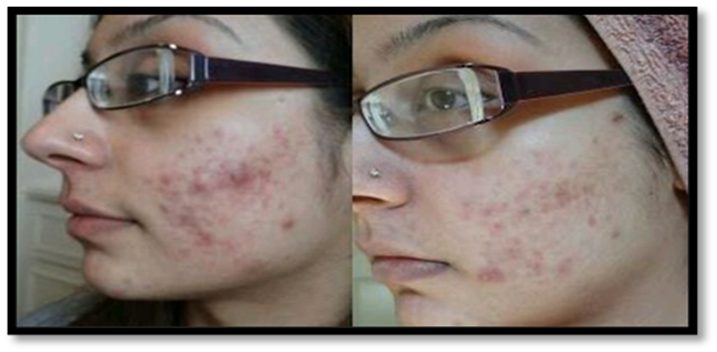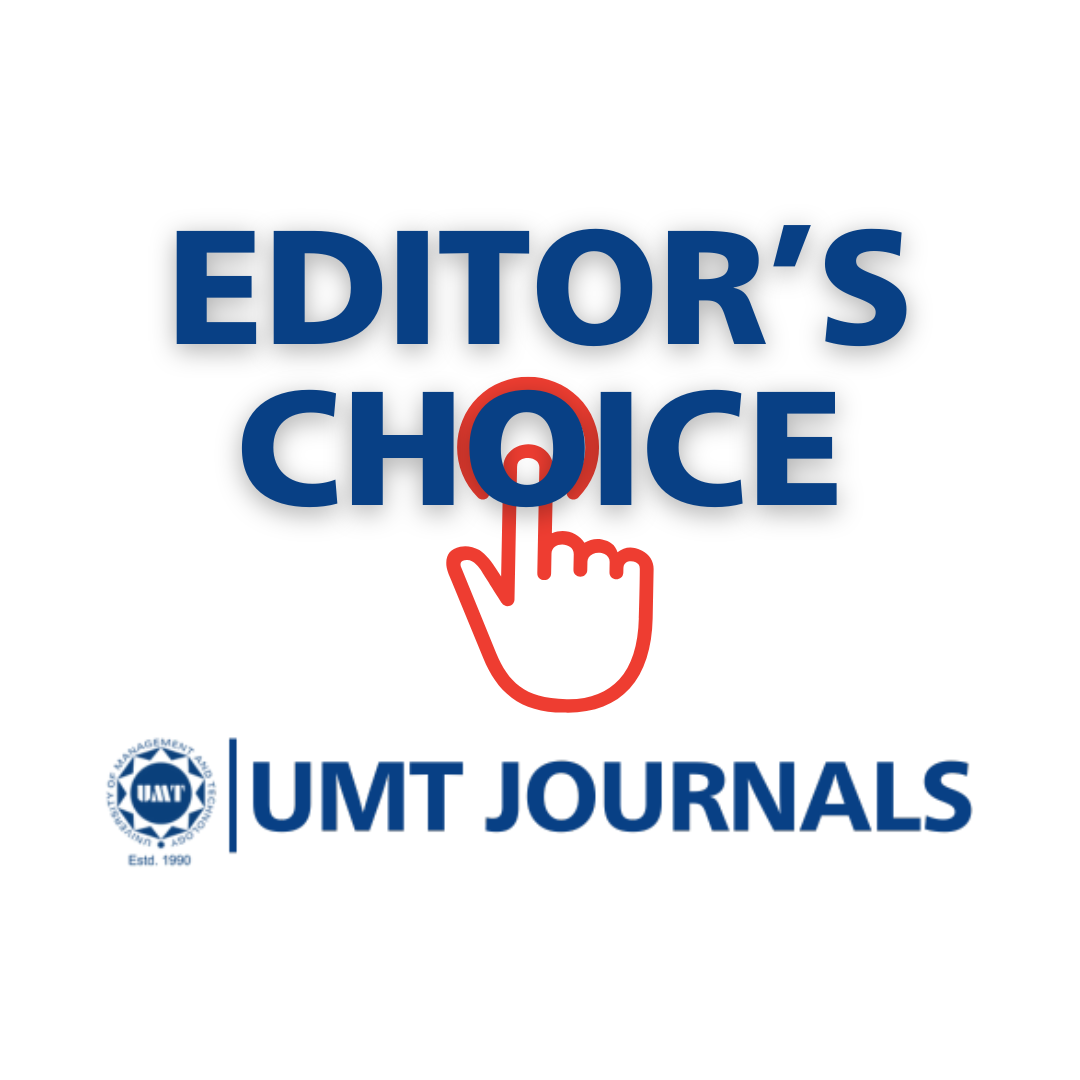Formulation and Clinical Evaluation of a Novel Polyherbal Anti-Acne Cream
Abstract
 Abstract Views: 0
Abstract Views: 0
Natural skin products are safer and more acceptable in the management of various skin diseases. Hence, there has been a shift towards natural products owing to the adverse effects of synthetic medicinal agents. Acne vulgaris is the disorder which occurs mostly through pilosebaceous unit. It is caused by whether, hormonal, microbiological, and immunological factors. The disorder impacts people of all age groups, with the highest prevalence in teenagers (aged 13-19 years) (85%), followed by those aged 25-34 years (8%), and 3% in then individuals aged 35-44 years (3%). This disorder is characterized by the presence of the bacteria Staphylococcus aureus, Staphylococcus epidermidis, and Propionibacterium acnes. This skin disease becomes worse with the passage of time and with age. The current study was aimed to formulate three different combinations (F1, F2, and F3) of anti-acne cream containing alcoholic tinctures of Azadirachta indica, Glycyrrhiza glabra, Calendulla officinalis, Echinacea angustifolia Aloe socotrina, Rumex crispus, Symphytum officinale, Thuja occidentalis, and Ginseng panax. Their subsequent evaluation on human subjects was aimed to estimate their efficacy in the management of acne. The clinical efficacy of the formulated polyherbal cream containing alcoholic tinctures and non-comedogenic ingredients was established in this prospective randomized study on 60 human volunteers. The results obtained were statistically significant and revealed the efficacy of the tested formulation, which reduced the acne after 4 weeks of application. Additionally, 70% of participants reported visible improvement in skin texture, while 55% showed a significant reduction in associated inflammation and redness. These findings support the efficacy of the tested formulation in managing AV.
Downloads

Copyright (c) 2024 Asma Manzoor, Uzma Niaz, Syed Atif Raza

This work is licensed under a Creative Commons Attribution 4.0 International License.
Authors retain copyright and grant the journal right of first publication with the work simultaneously licensed under a Creative Commons Attribution (CC-BY) 4.0 License that allows others to share the work with an acknowledgement of the work’s authorship and initial publication in this journal









